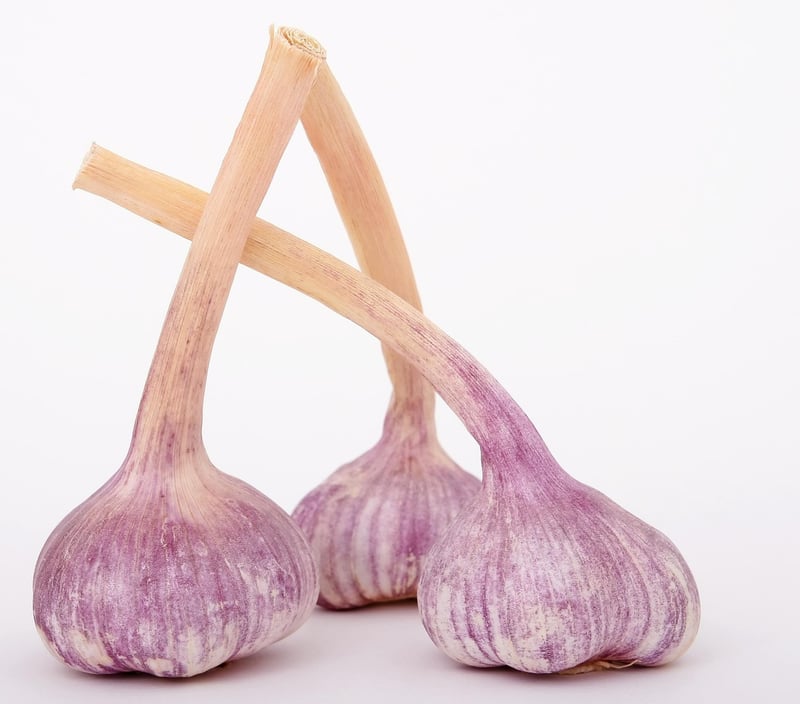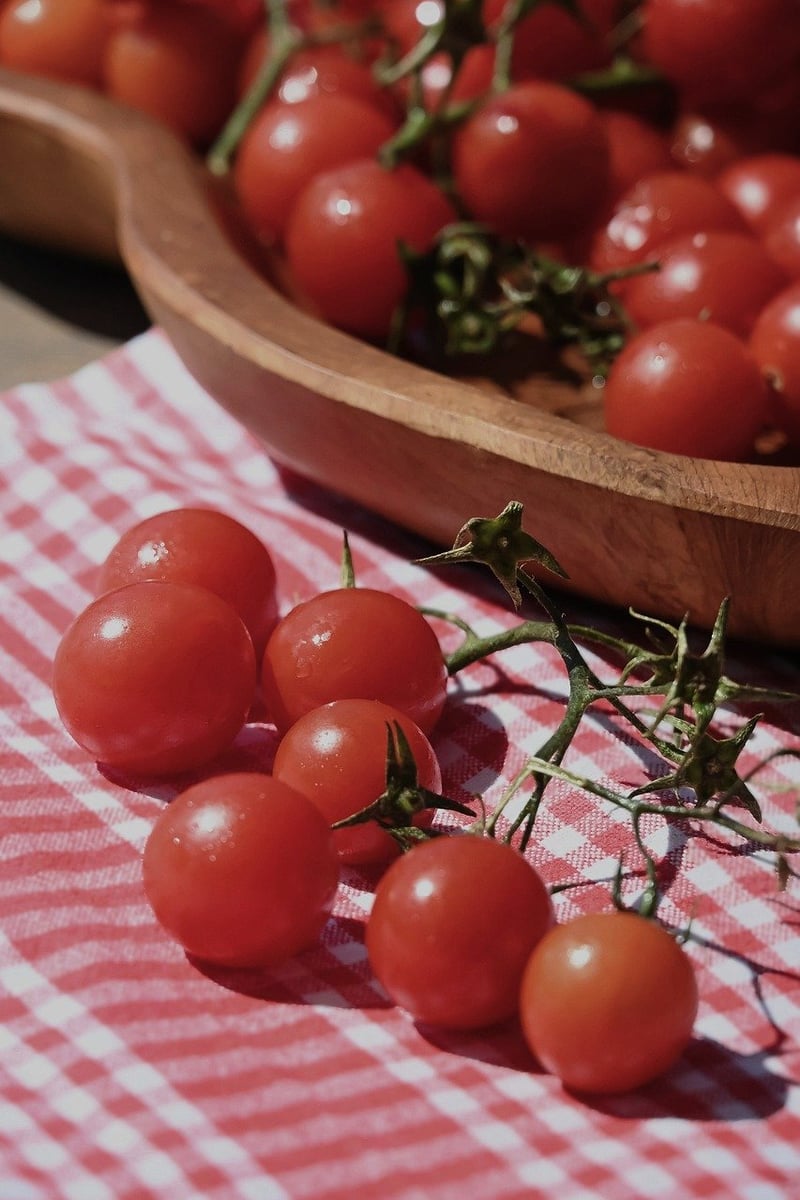Healthy Cooking Tips
Enhance Your Culinary Skills with These Healthy Cooking Tips
Cooking is not just about preparing meals; it's an art that allows you to get creative in the kitchen. If you want to enhance your culinary skills while ensuring that your meals are nutritious and delicious, here are some tips to help you become a healthier cook.
1. Use Fresh Ingredients
Start with fresh, high-quality ingredients to elevate the flavor of your dishes. Fresh fruits, vegetables, herbs, and spices not only taste better but also contain more nutrients than their processed counterparts.
2. Opt for Healthy Cooking Methods
Avoid deep-frying and instead, opt for healthier cooking methods like baking, grilling, steaming, or sautéing. These methods help retain the natural flavors of the ingredients without adding unnecessary fats.
3. Experiment with Herbs and Spices
Herbs and spices are a great way to add flavor to your dishes without relying on salt or unhealthy condiments. Experiment with different herbs and spices to discover unique flavor combinations that will make your meals stand out.
4. Incorporate Whole Grains
Swap refined grains for whole grains like brown rice, quinoa, or whole wheat pasta. Whole grains are rich in fiber, vitamins, and minerals, making them a healthier choice for you and your family.
5. Mindful Portion Control
Practice mindful portion control to avoid overeating and maintain a healthy weight. Use smaller plates, serve reasonable portions, and listen to your body's hunger cues to prevent unnecessary calorie consumption.
6. Stay Hydrated
Don't forget to stay hydrated while cooking and throughout the day. Water is essential for digestion, nutrient absorption, and overall well-being. Keep a bottle of water nearby to sip on while you cook.
7. Get Creative with Healthy Substitutions
Explore healthy substitutions for ingredients like using Greek yogurt instead of sour cream, applesauce instead of oil in baking, or cauliflower rice instead of white rice. These swaps can lower the calorie and fat content of your dishes without compromising on taste.
8. Practice Food Safety
Ensure that you follow proper food safety practices while cooking to prevent foodborne illnesses. Wash your hands, utensils, and surfaces regularly, cook foods to the correct temperatures, and refrigerate leftovers promptly.
Conclusion
By incorporating these healthy cooking tips into your culinary repertoire, you can elevate your skills in the kitchen while promoting better health for you and your loved ones. Remember, cooking is a journey of discovery, so don't be afraid to experiment and have fun along the way!


For more culinary inspiration and healthy recipes, check out EatingWell.
